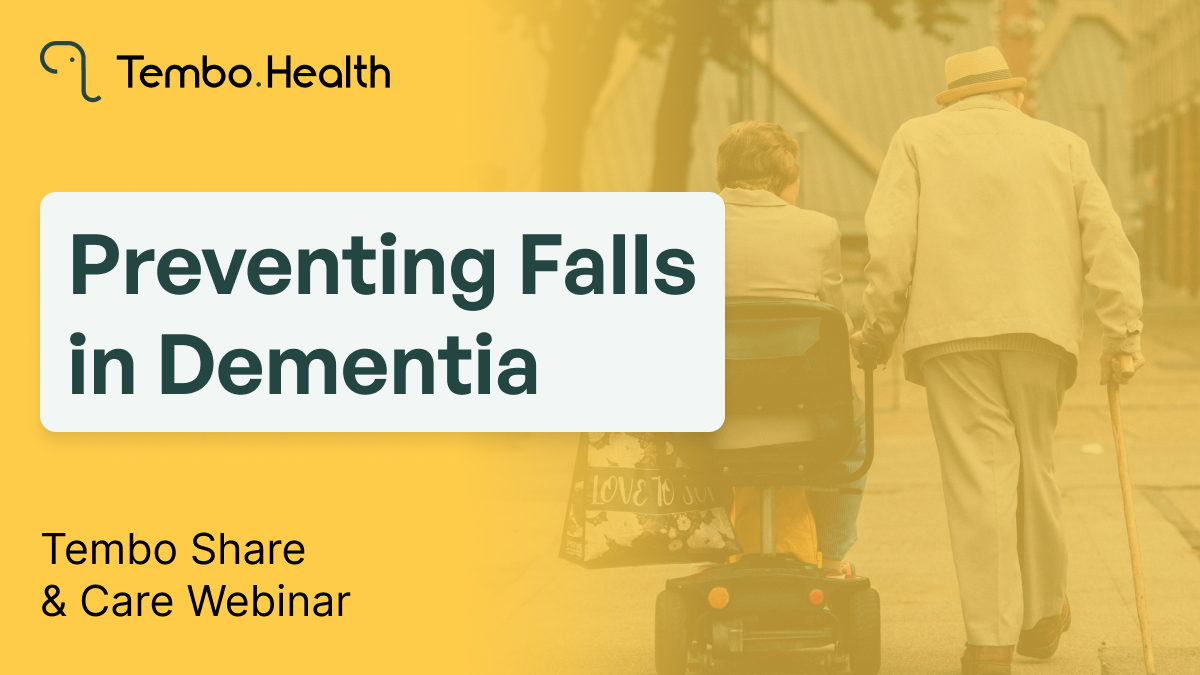Managing Caregiver Stress with Mindfulness
Caring for someone living with dementia is a deeply meaningful role—but also one that brings intense stress, exhaustion, and overwhelm. In this month’s Share & Care webinar, dementia educator and caregiver advocate Amy House explored how mindfulness can be a powerful tool to manage caregiver stress and improve overall wellbeing. You don’t need to be a meditation expert or have loads of free time—just a few minutes a day can make a difference.
🪣 Fill Your Self-Care Buckets First
Amy introduced the concept of self-care buckets—six areas caregivers should pay attention to:
- Education – Like attending webinars or reading about dementia.
- Health – Keeping up with your own doctor visits, sleep, and movement.
- Support – Talking to friends or joining a support group.
- Spirituality – Whether that’s prayer, yoga, or mindfulness.
- Fun – Doing things that make you smile.
- Mindfulness – Learning to stay present and respond calmly to stress.
“If your bucket is empty, you can’t fill someone else’s,” Amy reminds us.
🧠 Debunking Mindfulness Myths
Mindfulness isn’t about clearing your mind or sitting cross-legged for an hour. It’s about paying attention to the present moment—whether you’re breathing, walking, or sipping coffee. Amy clarifies some common misconceptions:
- Myth: Mindfulness is religious – False. It’s secular and for everyone.
- Myth: You must silence your thoughts – False. Just notice them and return to the moment.
- Truth: It helps with stress response – Yes! Studies show mindfulness lowers reactivity and helps regulate emotions.
- Truth: It protects your brain – Research links mindfulness with reduced brain atrophy and improved cognition.
🧘♀️ Easy Ways to Practice Mindfulness Daily
Mindfulness doesn’t require special equipment. Amy shared simple practices to try:
- Belly & Side Breathing – Feel your breath move in your body for 5 minutes.
- Box Breathing – Inhale 4 sec → Hold 4 sec → Exhale 4 sec → Pause 4 sec.
- 5 Senses Exercise – Name what you see, touch, hear, smell, and taste.
- Mindful Eating – Sip your coffee or enjoy a small bite slowly, noticing every flavor and texture.
- Body Scan – Tense and release muscle groups from head to toe.
- Movement-Based Mindfulness – Gardening, painting, yoga, dancing, or even tossing a balloon can help you stay grounded.
These activities can be done solo or with the person you’re caring for.
🌊 Guided Meditation: A Mini Beach Escape
Amy ended the webinar with a guided meditation—imagining lying on a beach, feeling the sand, hearing waves, and seeing a kite float away with your stress. You can recreate this moment anytime by closing your eyes, breathing deeply, and visualizing a calm place.
💡 Final Thoughts
Mindfulness isn’t about being perfect. It’s about giving yourself permission to pause and care for yourself—even for just five minutes a day. Your health, clarity, and calm will ripple into your caregiving.
Amy’s parting message? “You don’t need fixing—you’re here to build on your strengths.”
Want more?
📩 Email Amy for a PDF of the exercises or her “bucket” worksheet
🧠 Check out her podcast: Think Dementia
🌐 Attend the next Share & Care Webinar on falls prevention (first Thursday of the month)
You deserve care, too. Start with one mindful breath.
.svg)

.webp)
